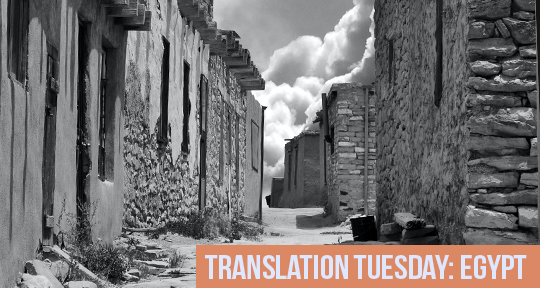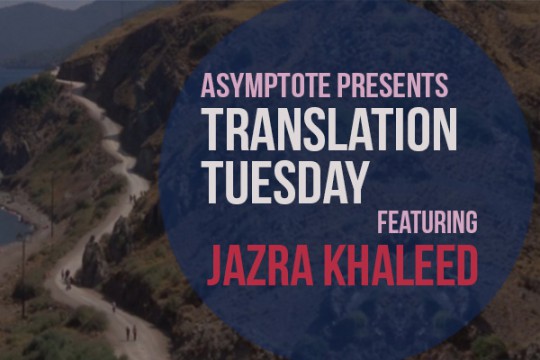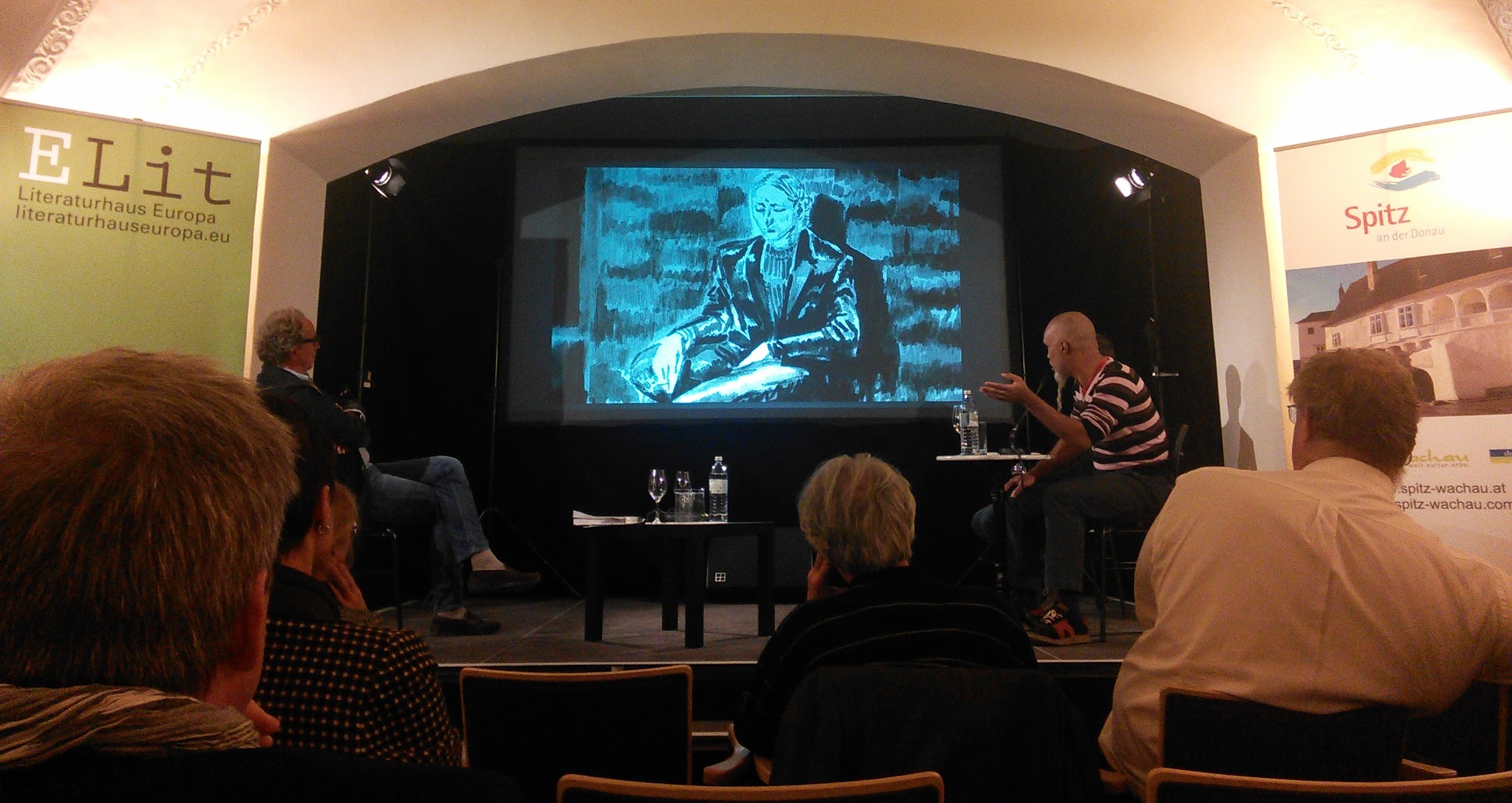When Nasser commissioned the construction of the Aswan High Dam—a project pivotal to his legacy of modernising Egypt—most of the migrant builders who came from Upper Egypt were farmers who were unfamiliar with industrial machinery and faced hazardous work conditions. This week’s Translation Tuesday features a set of epistolary poems that relate the story of this historic project through the correspondences of a migrant worker Hiragy and his wife Fatma. These poems, drawn from the start of Abdel Rahman El-Abnudi’s The Letters of Hiragy al-Qot, were written when the poet lived amongst the labourers in Aswan who came from his village of Abnoud. One of the Arab world’s most respected vernacular writers—a true poet of the people—El-Abnudi’s works are social documents that chronicle the history of Egypt. In Mariam Moustafa’s translation, the emerging language of technological modernity is conjured with sensitivity, and the various registers of labour and longing are given emotional resonance. We are thrilled also to feature an audio clip of El-Abnudi himself reading the first two letters in Arabic—for our readers to appreciate why he too is known as “the sound of Egypt.”
“Abdel Rahman El-Abnudi always emphasized that his poems were meant to be listened to, not just read, and recorded most of his poems. I grew up listening to El-Abnudi reciting The Letters of Hiragy al-Qot, and was unsure how to convey the profound emotions that I hear in his voice to an English-speaking audience. A translator can communicate the meaning of sentences, expressions, and even untranslatable words to their target audience, but how can the emotions heard through the heart and soul be translated? In translating and revising this piece, I wanted English readers to feel and hear his voice, and asked constantly: “If El-Abnudi wrote these poems in English, what would they sound like?” This translation is my way of expressing gratitude to the poet, whose voice attracted me as a kid, enlightened me as a teenager, and kept me connected to my roots as a young woman.”
— Mariam Moustafa
Letter 1
The addressee, the most precious diamond,
The marvelous pearl,
My wife, Fatma Ahmed Abdel Ghafar.
The address, our village of Gabalyat El Far.
This is my first letter to you, my love,
Sent from Aswan where I now work.
If I’d surrendered to the shame of being late,
I wouldn’t have written this letter.
Forgive me, Fatma, for the long wait.
I am sorry, I am ashamed, I am abashed.
It has been two months since you shed your tears.
I still remember how they burned my calming hand.
I promised you then, “Before my train reaches Aswan,
My letter will be in your hands.”
You didn’t believe me, you said:
“You’re such a liar. I know you’ll forget.”
I wish that moment could have lasted longer,
But my friends pulled me inside the train.
Their pull troubled my heart.
A fire raged in my soul as I left you, and our kids, Aziza and Eid.
The train began to move,
My heart plummeted.
I ran to the window and screamed,
“Fatma, take care of Aziza and Eid.”
The train screamed too,
Screeching off as if escaping a fire.
I heard your voice next to me, far away.
“My heart and soul follow you to Aswan, habiby.”
I threw myself inside the train, into the crowd,
And I cried aloud.
Our large village, where we could walk around for a whole day,
Was gone in the blink of an eye.
Forgive me, my love, for being late.
If this letter were a boat,
I would sail down the Nile to reach you.
Finally,
I send to you, to my village, and to my children,
A thousand greetings and salams.
Your husband,
Hiragy.




